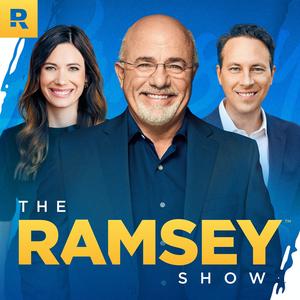
In this episode of Planet Money, titled “How unions are stopped before they start,” the focus is on the attempts by the United Auto Workers (UAW) union to organize Volkswagen’s manufacturing plant in Tennessee. The podcast explores the challenges faced by unions in the US, the tactics used by anti-union forces, and the impact of political factors on union campaigns.
The United Auto Workers (UAW) union saw Volkswagen’s new plant in Tennessee as an opportunity to regain ground in organizing non-union factories. The decline in union membership in the US, caused by right-to-work laws and non-union foreign-owned car companies, has made it challenging for unions to organize.
Setting up a union has become increasingly difficult in the US. The success or failure of union campaigns depends on factors such as management’s openness to unionization and the ability to convince workers to join.
Senator Bob Corcor, who offered incentives for Volkswagen, actively campaigned against the UAW during the union election. Interference by powerful individuals can overshadow the potential benefits of unionization for workers.
After the failure of the initial union campaign, the UAW decides to start a micro unit for skilled workers. Despite winning the micro unit election, Volkswagen refuses to recognize it, leading to legal battles.
Companies can use the labor board process to slow down unionization efforts. The political orientation of the NLRB changes with the presidency, causing policy oscillation and impacting the outcome of union campaigns.
The failure of the union campaigns was partly due to the political leanings of the state. Anti-union forces politicized the issue, associating union support with political identity, making it challenging for unions to gain support.
The attempts by the United Auto Workers (UAW) union to organize Volkswagen’s manufacturing plant in Tennessee highlight the challenges faced by unions in the US. From interference by powerful figures to the impact of political leanings, the path to unionization is filled with obstacles. However, despite the failures, dedicated individuals like Steve Cochran continue to fight for workers’ rights and the benefits that unions can provide.